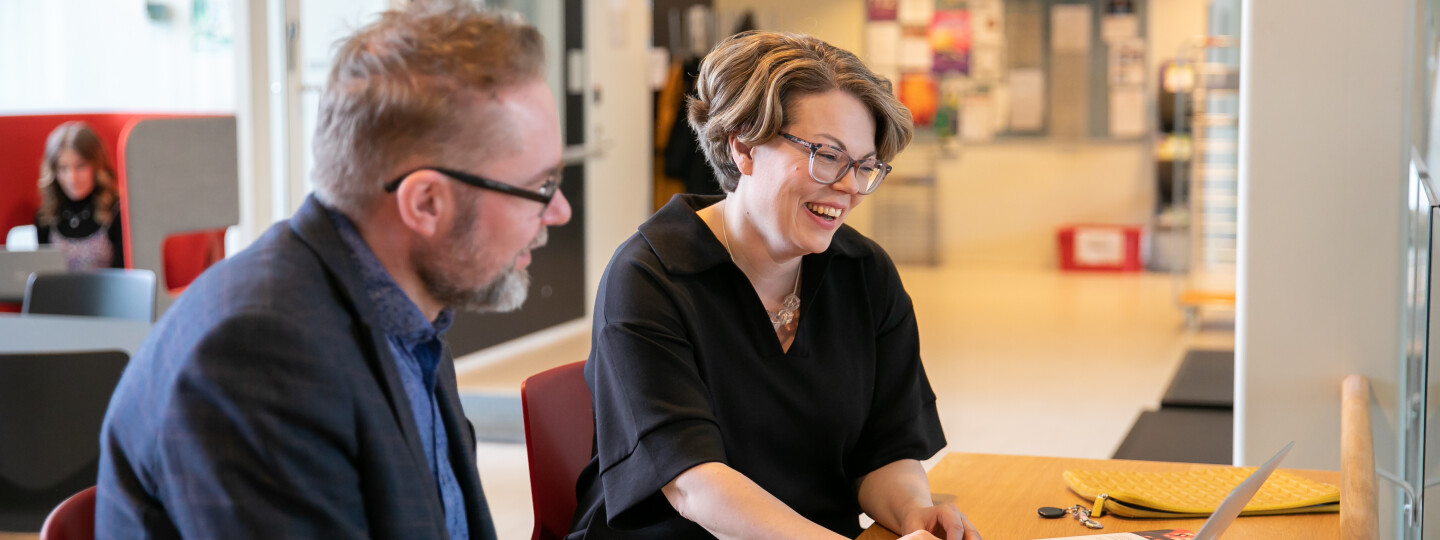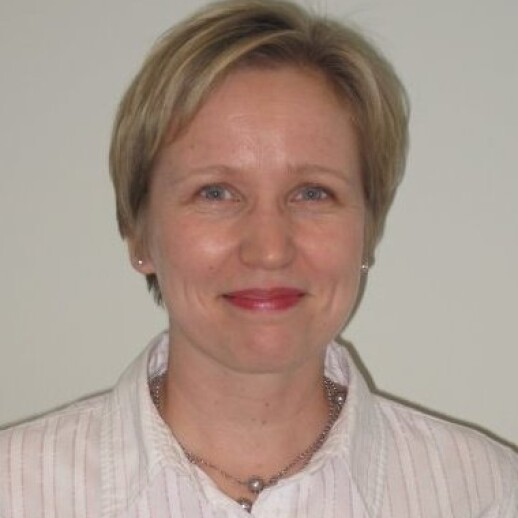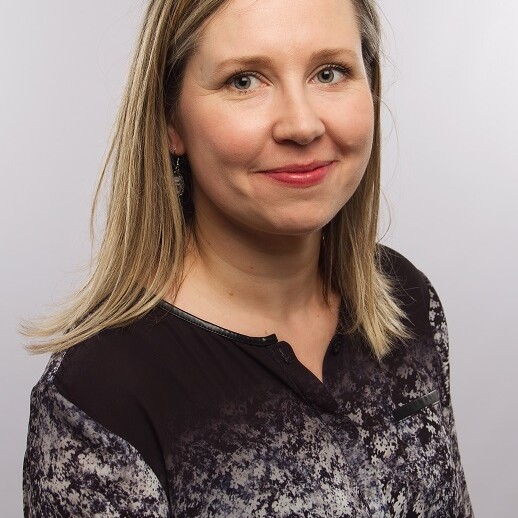The mission of the Faculty of Social Sciences at Turku University is to generate new information and understanding through research, and to provide high quality teaching. The Faculty constitutes a community of almost two thousand people, whose academic members - teachers and researchers - respond to the challenges of our time by analysing its social phenomena.
Perspectives on society
Each of the faculty’s professionals approaches society from the perspective of their own academic discipline. Often, tensions and conflicts can arise; for social questions are, by their nature, charged with social values. These different perspectives each contribute to social debate, and to strengthening the quality and vitality of societal research.
The defining characteristic of the research carried out within the faculty is a critical approach to the reliability of different kinds of information, and more especially to the validity of the conclusions which may be drawn; in social science research it is crucial to be able to see behind and beyond the apparently obvious facts and explanations. It is particularly important to distinguish between reliably identifiable patterns of change in social phenomena, and accidental variation.


